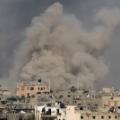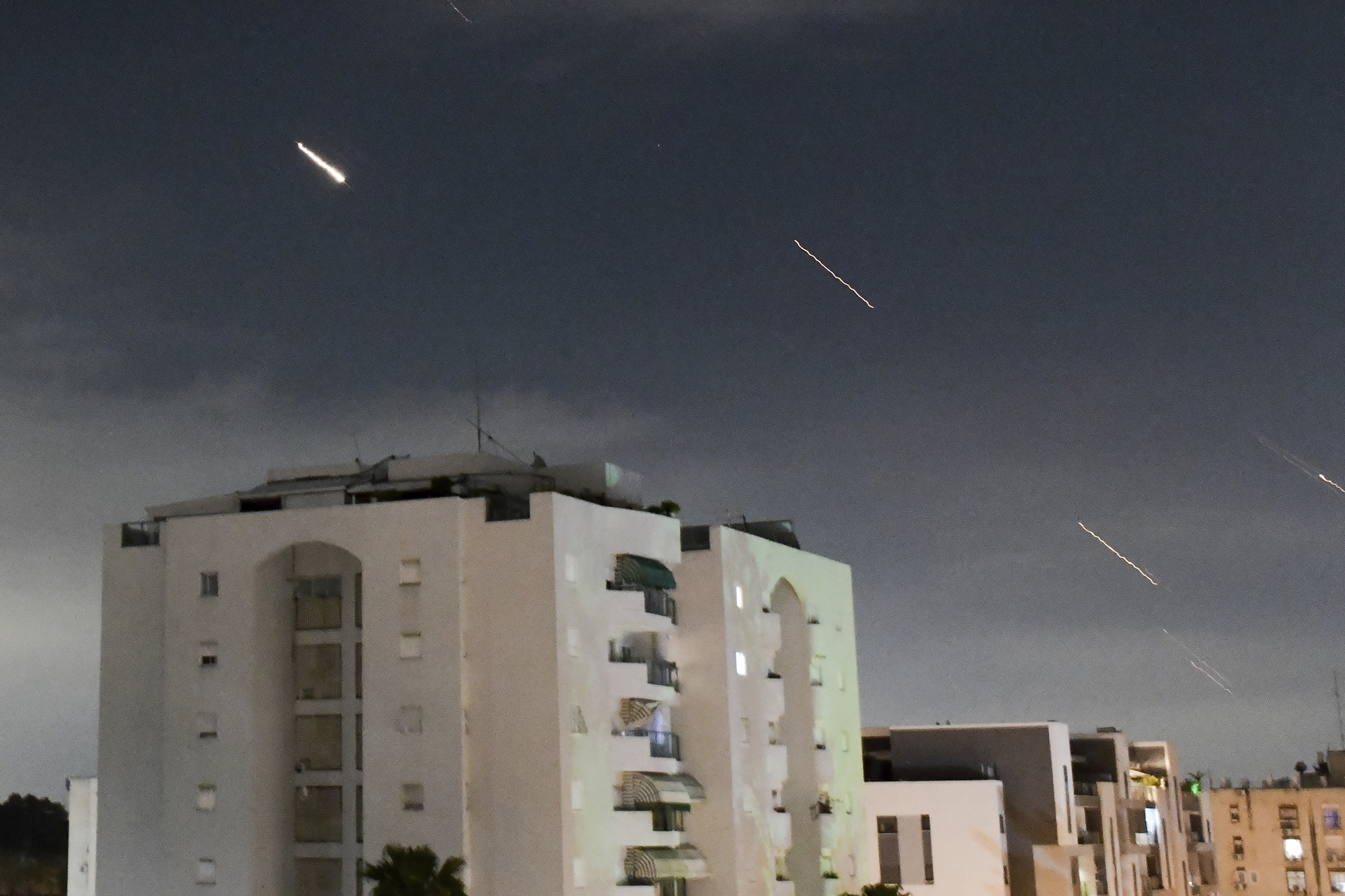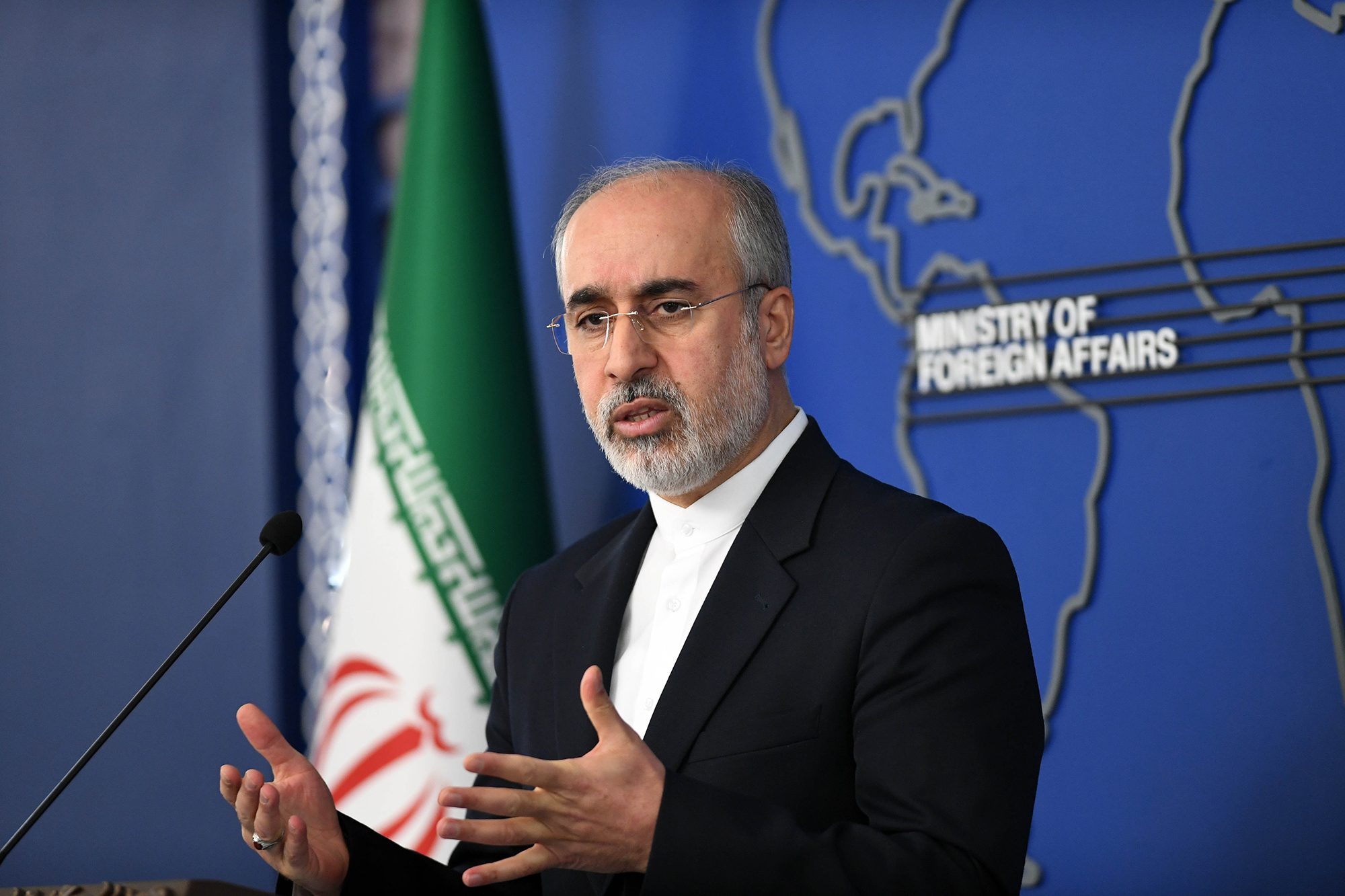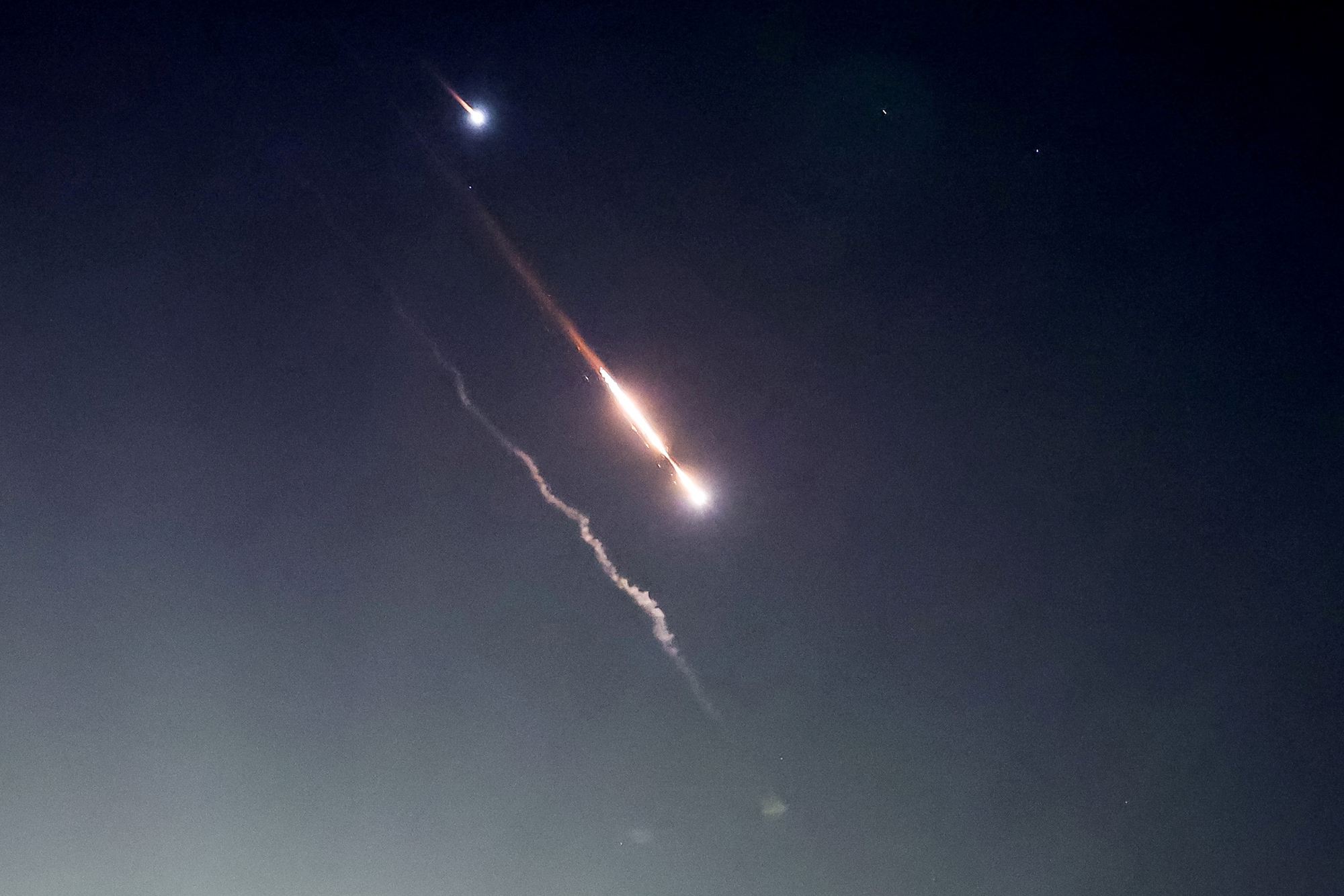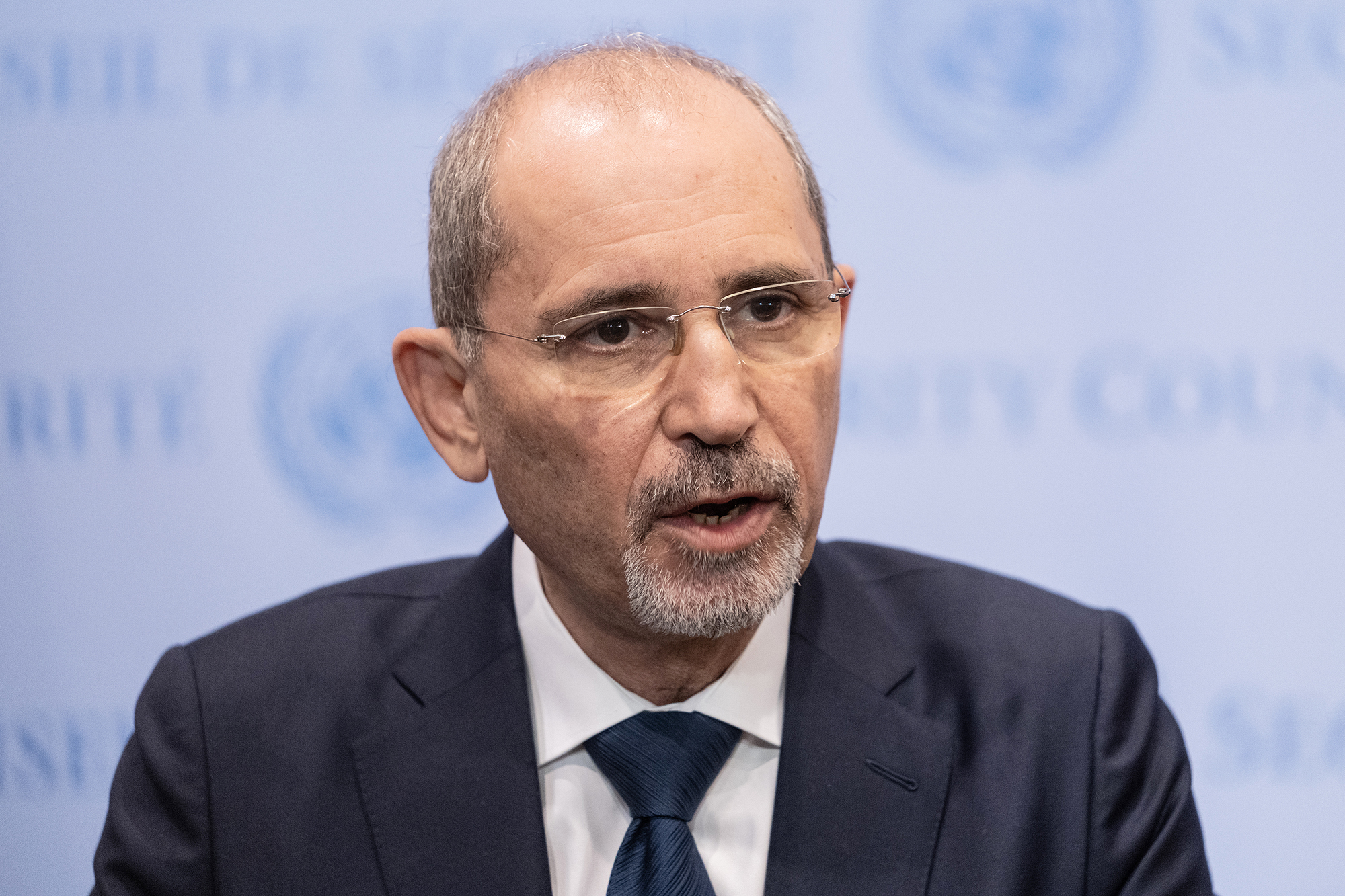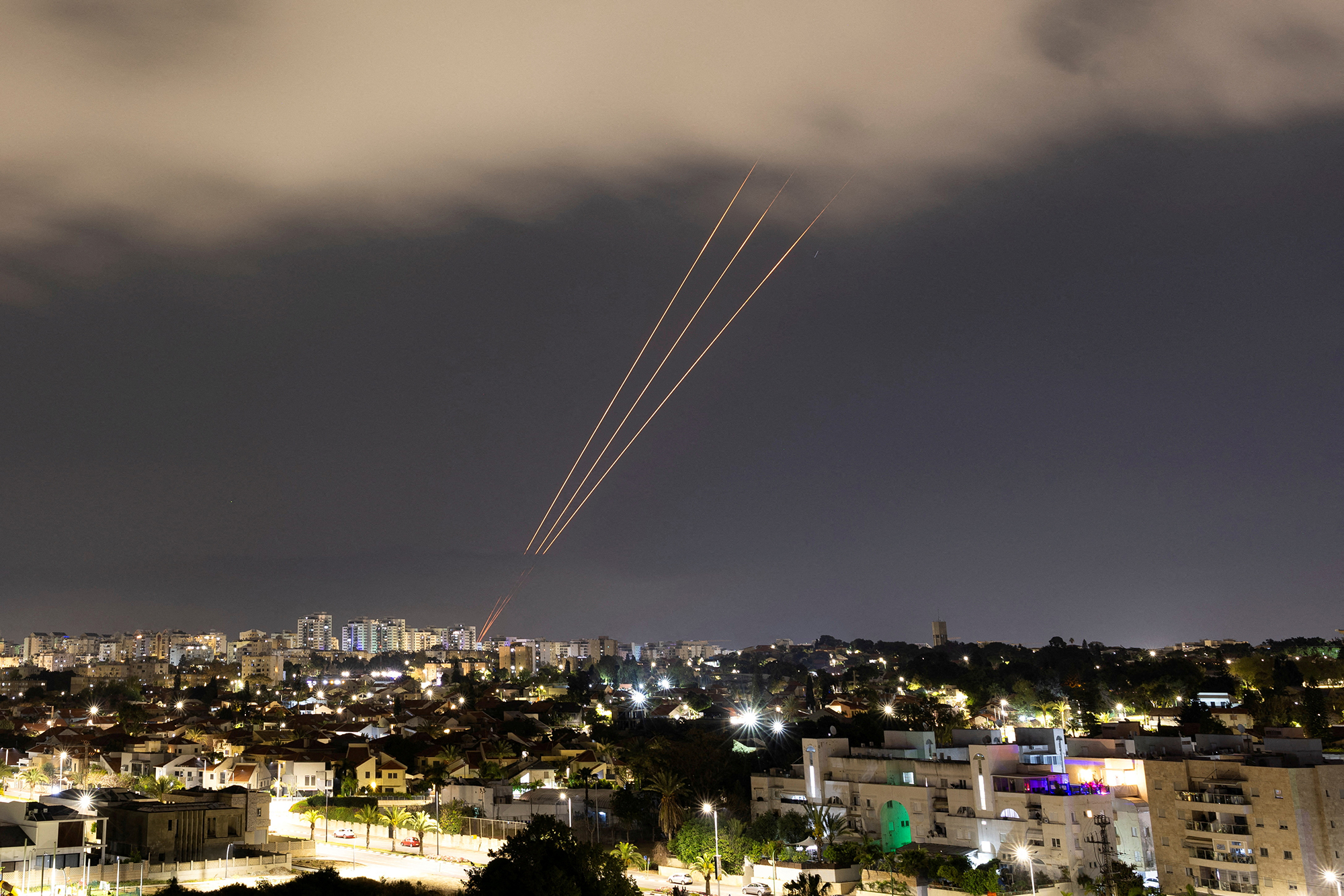The Israeli government agency that coordinates the delivery of aid into Gaza says that a new crossing in the north has again been used to deliver food aid.
COGAT (Coordination of Government Activities in the Territories) said Monday that “just last night 102 food aid trucks coordinated to northern Gaza. A food aid convoy entered northern Gaza via the new northern crossing. We will continue expanding our efforts to facilitate humanitarian aid into and across of Gaza.”
Earlier, the organization said on Sunday 316 aid trucks had been inspected and transferred to Gaza, of which 65 food aid trucks were coordinated to northern Gaza.
The Israeli government approved earlier this month the temporary opening of the Erez crossing into northern Gaza for the delivery of humanitarian aid. However, the Israel Defense Forces has not specified the exact location of the new northern crossing.


